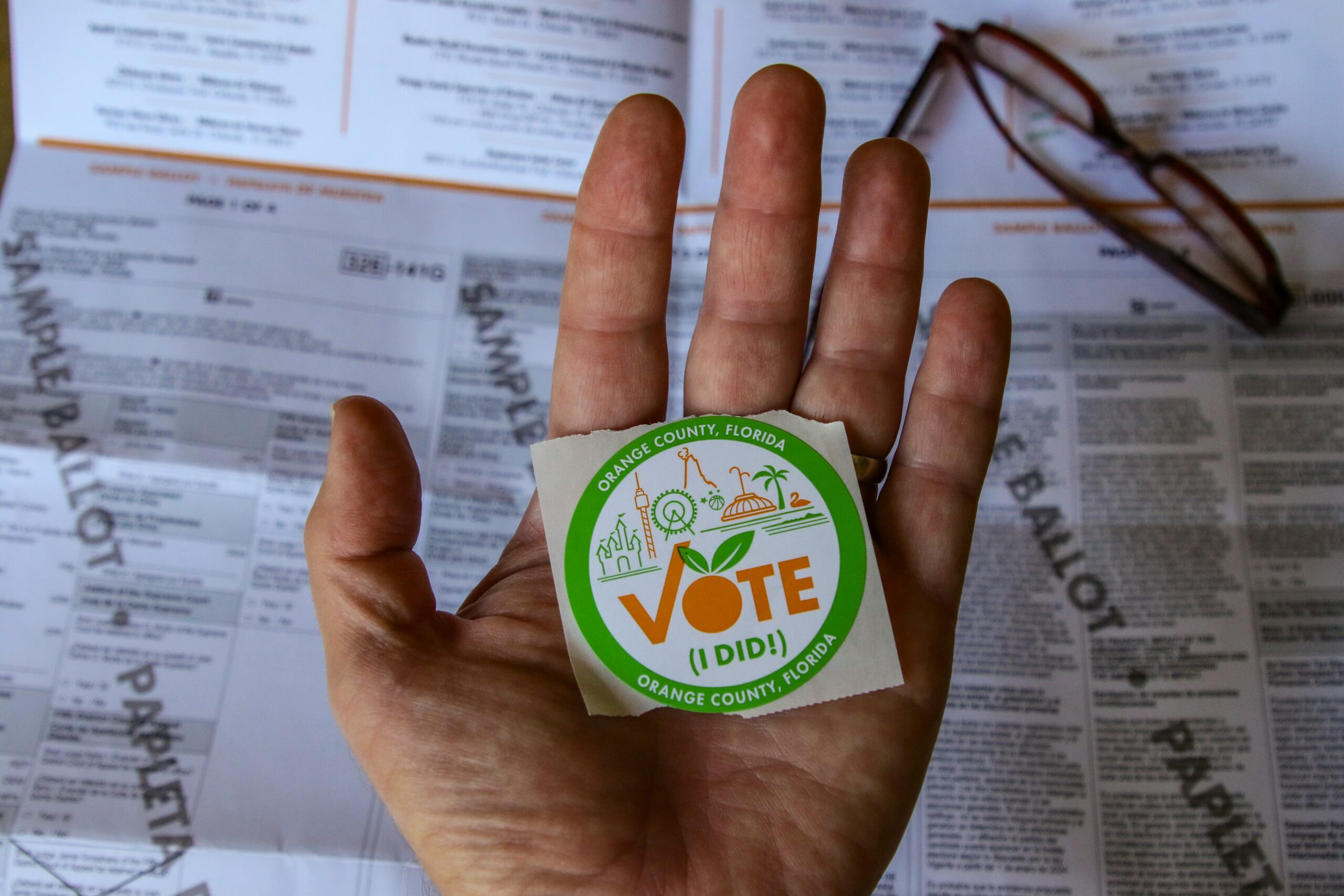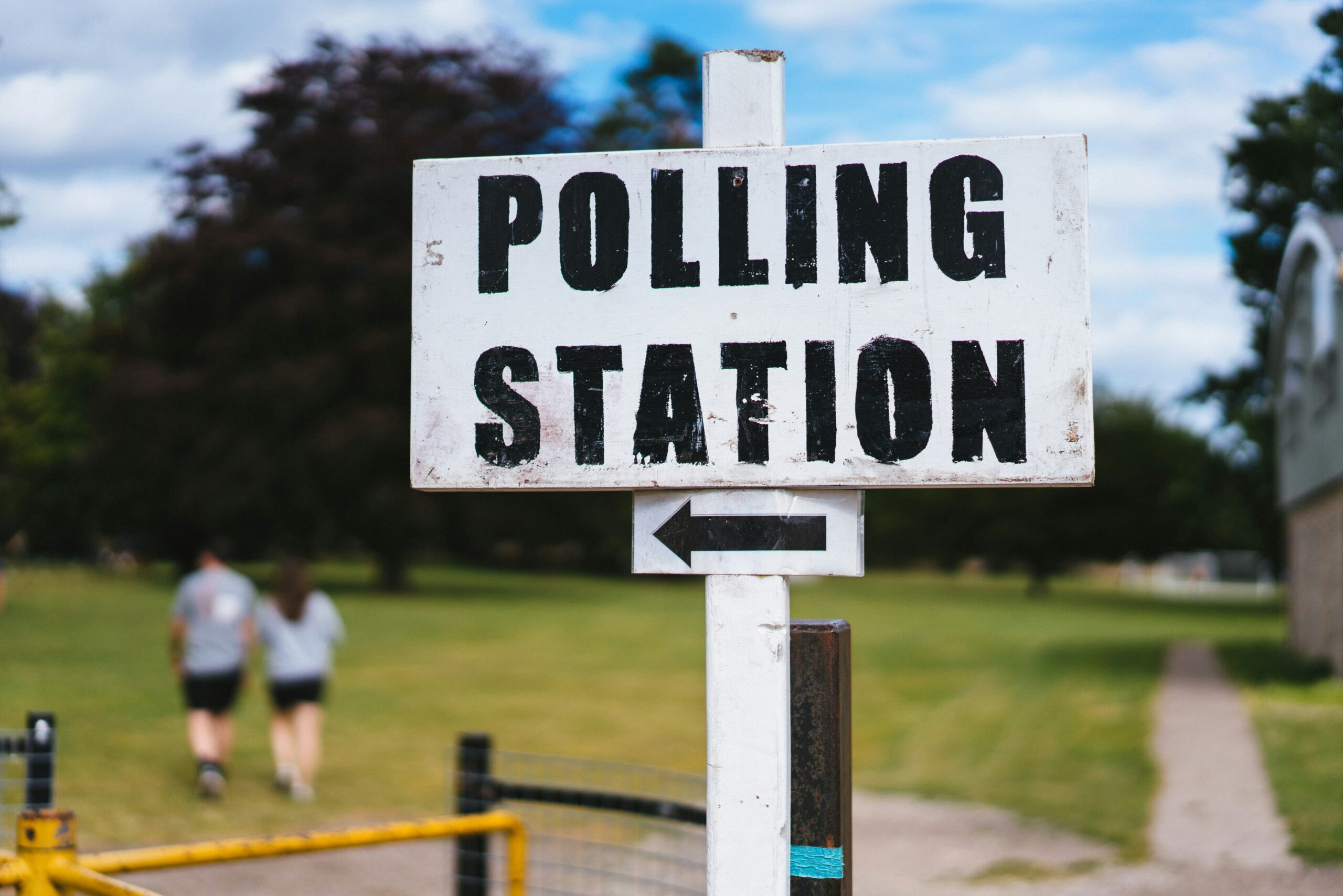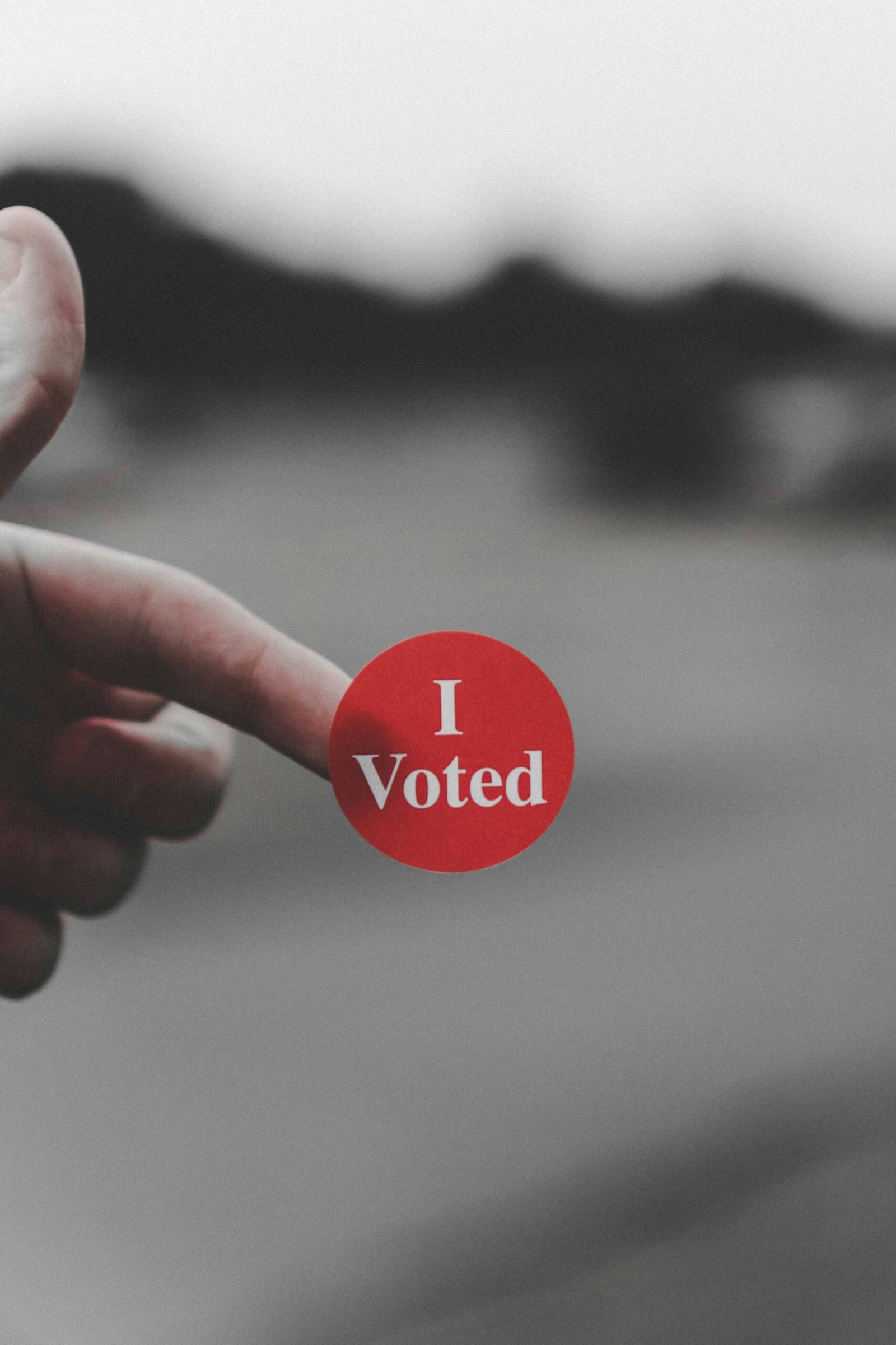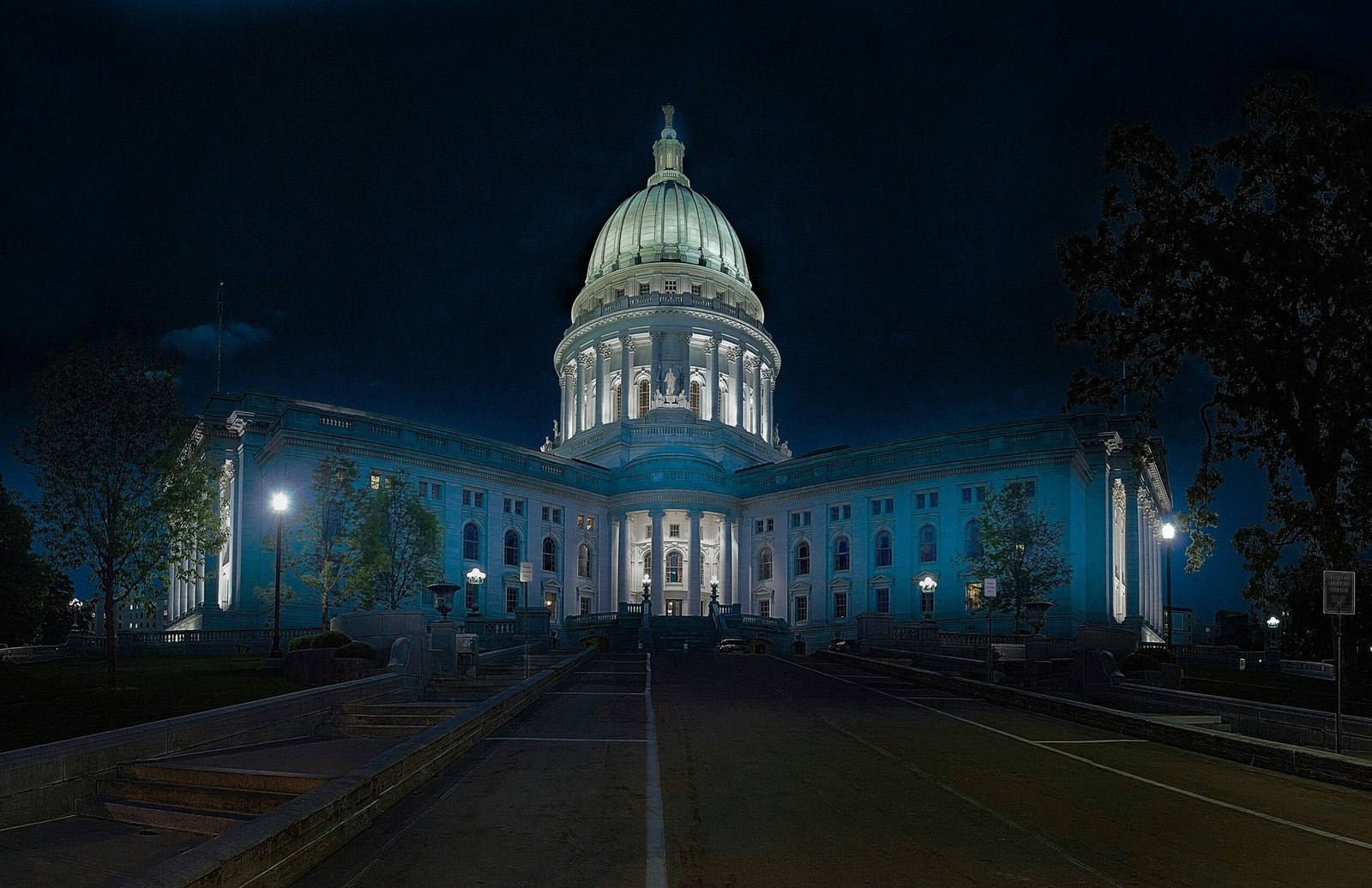
Introduction to Libertarianism
Libertarianism is a political ideology that advocates for minimal government intervention in the personal and economic lives of individuals. Rooted in the principles of individual autonomy and personal responsibility, libertarianism emphasizes the rights of individuals to make choices for themselves without excessive interference from the state. This perspective posits that individuals are best suited to manage their own affairs, both socially and economically, leading to a society that thrives on freedom and voluntary cooperation.
At its core, libertarianism champions the belief that every person possesses inherent rights, including the right to life, liberty, and the pursuit of happiness. These rights are often viewed as natural and inalienable, meaning that they cannot be rightfully taken away by government edict or societal pressure. This fundamental respect for individual liberty has led libertarians to advocate for a minimal state, arguing that governmental functions should be limited to protecting these rights, maintaining public order, and providing for national defense.
Historically, libertarian thought has been shaped by various influences, including classical liberalism and the works of philosophers such as John Locke, Adam Smith, and later figures like Friedrich Hayek and Milton Friedman. The evolution of libertarianism is marked by a response to perceived overreach by governing authorities and a desire to recalibrate the balance of power between the state and its citizens. Over the years, libertarians have sought to clarify the importance of ethical and moral standards in a free society, emphasizing that voluntary exchanges and mutual consent are essential elements of a functioning democracy.
In recent years, libertarianism has gained traction as a viable political alternative, particularly in discussions surrounding personal freedoms, economic strategies, and the scope of government. By prioritizing individual choice and minimalistic governance, this ideology presents a framework aimed at facilitating a society that respects personal liberties while acknowledging the potential pitfalls of state intervention.
Core Principles of Libertarianism
Libertarianism is anchored in a set of core principles that advocate for maximum individual freedom and limited government intervention. One of the foremost principles is the concept of individual liberty, which posits that every person has the right to live their life as they see fit, as long as they do not infringe upon the rights of others. This emphasis on personal autonomy shapes the libertarian perspective on governance, raising important questions about the extent and nature of government interference in the lives of citizens.
Another fundamental tenet is the belief in equality before the law. Libertarians argue that all individuals should be treated equally under the legal system, regardless of their background or status. This principle fosters a framework whereby laws are applied universally, ensuring that no one is above the law and that justice is administered without bias. Through this lens, libertarians challenge any forms of systemic discrimination that might arise from unequal application of the law.
The protection of civil rights is also integral to libertarian ideology. Libertarians hold that civil liberties—including freedom of speech, freedom of thought, and the freedom of association—are essential for a functional and free society. These rights empower individuals to express themselves, associate freely with others, and engage in open dialogue on various issues, which are vital in safeguarding the democratic process and fostering diverse viewpoints.
Lastly, the principles of freedom of choice underscore the libertarian commitment to personal responsibility. Libertarians believe that individuals should have the liberty to make their own choices—whether in economic endeavors, personal relationships, or social agreements—without undue governmental interference. This focus on choice not only allows individuals to pursue their own interests but also cultivates an environment where innovation and creativity can flourish, ultimately benefiting society as a whole.
Libertarianism vs. Authoritarianism
Libertarianism and authoritarianism represent two contrasting ideologies concerning the role of government and individual freedoms. At the core of libertarian principles is the belief that personal liberty is of paramount importance. Libertarians advocate for minimal government intervention in the lives of individuals, arguing that such interference often leads to violations of personal rights and freedoms. This ideology encompasses the view that individuals should have the autonomy to make choices regarding their lives, as long as they do not infringe upon the rights of others.
Conversely, authoritarianism emphasizes the necessity of a strong central authority to maintain order and control societal behavior. Authoritarian regimes often impose stringent regulations, demanding obedience from citizens through coercive means. This approach posits that a powerful government can guarantee security and stability, sometimes at the expense of individual freedoms. In stark contrast to libertarianism, the authoritarian model assumes that citizens are better off when their choices are limited and regulated, suggesting that reliance on state systems can enhance societal well-being.
The implications of these differing philosophies can be profound. For instance, governance in a libertarian framework prioritizes individual rights and encourages personal responsibility, fostering an environment where innovation and self-determination are encouraged. Meanwhile, authoritarian governance may stifle personal expression and limit economic freedoms, leading to a society where conformity is valued over individualism. The debates surrounding these ideologies encompass critical discussions about the balance between security and freedom, as well as the role of government in everyday life. Movements often emerge advocating for greater personal liberties, illustrating the ongoing tensions between these two ideologies and their impact on societal structure.
The Libertarian Party and Its Platform
The Libertarian Party, established in 1971, promotes a philosophy rooted in individual freedom and limited government intervention. This party distinguishes itself from traditional political parties by advocating for both personal and economic liberties as essential components of a thriving society. At the core of its platform are principles that emphasize the importance of free markets, personal responsibility, and the protection of civil liberties.
On the matter of personal freedoms, the Libertarian Party strongly supports the right of individuals to make choices regarding their own lives, without governmental oversights that infringe upon personal autonomy. This commitment encompasses a broad range of social issues, including drug policy reform, marriage equality, and the right to privacy. The party’s belief is that a government’s primary function should be to ensure the protection of individual rights, rather than enforce moral standards. Thus, the party promotes decriminalization of personal choices and opposes state intervention in consensual adult activities.
Economically, the Libertarian Party advocates for minimal government involvement. This includes reducing taxes, eliminating unnecessary regulations, and supporting free-market capitalism. The party believes that economic freedom leads to innovation, prosperity, and wealth creation, allowing individuals to thrive without excessive state interference. As such, it argues against government spending initiatives that do not directly benefit citizens.
In terms of foreign policy, the Libertarian Party calls for a non-interventionist approach, advocating for diplomacy over military action. It opposes foreign entanglements and promotes a foreign policy that prioritizes trade and communication. Furthermore, the party is staunchly committed to civil liberties, arguing against unwarranted surveillance, unjust laws, and the erosion of constitutional rights. Overall, the Libertarian Party’s platform stands as a beacon for those seeking a government that respects individual freedom, fosters economic prosperity, and refrains from unnecessary intervention.
Libertarianism in Practice: Governance Models
Libertarianism, as a political philosophy, advocates for minimal government intervention in both personal and economic affairs. Various governance models have attempted to embody these principles, showcasing how libertarian ideologies can be practically implemented in different regions. In theory, a libertarian government prioritizes individual rights and freedoms while simultaneously limiting the role of the state to essential functions such as protecting property rights, providing national defense, and ensuring public safety.
One notable example of a libertarian governance model is the economic approach taken by Hong Kong during the late 20th century. The city adopted free-market policies that emphasized minimal taxation, minimal regulation, and an open economy. This governance model led to significant economic growth and a marked increase in the standard of living for many residents. However, challenges arose when government involvement began creeping back into the economy, igniting debates about the sustainability of such a system in the long term.
Another noteworthy case is found in the state of New Hampshire in the United States, often referred to as a model for libertarian governance. It embraces lower taxes, fewer regulations, and a high degree of personal freedom, encouraging residents to take active roles in their governance. Despite generally positive outcomes, New Hampshire’s approach has faced challenges concerning issues like healthcare access and social services, highlighting the difficulties of maintaining a strictly libertarian framework in a modern society.
However, implementing libertarian ideologies is not without significant hurdles. Critics often point to concerns regarding social equity, public goods provision, and regulatory functions necessary for consumer protection. These challenges raise questions about the extent to which pure libertarian principles can be effectively realized in practice without unintended negative consequences. As libertarianism continues to provoke discussion, it remains essential to assess its adaptability and effectiveness in addressing the complexities of contemporary governance.
Libertarianism on the Political Spectrum
Libertarianism occupies a unique position within the political spectrum, often described as being ‘at right angles’ to the conventional left-right dichotomy that dominates political discourse. This unconventional classification arises from libertarians’ distinct philosophies, values, and policy preferences, which do not neatly align with traditional political labels. Rather than aligning purely with leftist or rightist ideologies, libertarians advocate for minimal government intervention in both personal and economic spheres, which sets them apart from the mainstream spectrum.
Unlike left-wing ideologies that typically endorse greater government involvement in economic matters for social equity, libertarians champion individual autonomy and free markets as means to achieve prosperity. They contend that personal liberties should be maximized, allowing individuals to make choices for themselves free from governmental coercion. This perspective lends to their classification as ‘classically liberal’ or ‘right-libertarian’ in economic terms, yet they often align with leftist views on social issues, such as civil liberties, drug decriminalization, and marriage equality.
The libertarian philosophy fundamentally emphasizes the principle of non-aggression, which posits that individuals should refrain from initiating force against others or violating their rights. This tenet complicates their relationship with both left and right; while conservatives may prioritize law and order often at the expense of personal freedoms, liberals might press for government action to address social issues, counter to libertarian beliefs. In essence, libertarians frame themselves as advocates for personal responsibility and voluntary cooperation, diverging significantly from ideologies that seek to expand government control. Consequently, this placement in the political spectrum prompts ongoing discussions about the relevance and implications of libertarian principles in contemporary governance.
Global Perspectives on Libertarian Ideals
Libertarianism, a political philosophy advocating for minimal state intervention in personal and economic matters, showcases varying degrees of implementation and perception across different countries. In the international arena, nations like Switzerland, New Zealand, and the Netherlands frequently rank higher on liberty indices, which evaluate civil liberties, personal freedom, and government functions. These countries demonstrate robust frameworks for individual self-governance, often embracing free markets, minimal taxation, and respectful regulation. The emphasis on protecting individual rights serves as hallmarks of their governance, contributing to a culture that values personal responsibility and economic autonomy.
Conversely, nations such as North Korea and Venezuela illustrate the stark contrast to libertarian principles. The high levels of governmental control seen in these states result in substantial limitations on individual freedoms, ranging from restrictions on speech to oppressive economic policies. The prioritization of state interests over personal liberties leads to a climate where government dictates major life aspects. This disparity highlights how varying political systems directly influence the realization of libertarian ideals.
Additionally, countries like the United States present a complex case. Though it promotes many libertarian values such as free speech and market economy, it grapples with issues like surveillance and extensive regulations that can inhibit personal liberties. Political debates often center around the balance between security and freedom, illustrating how the acceptance of libertarian ideals can fluctuate within a single nation. Furthermore, grassroots movements advocating libertarian principles continue to emerge, suggesting a growing interest in expanding personal freedoms.
Across the globe, the perception and implementation of libertarian ideals depend heavily on cultural, historical, and socio-economic factors. The ongoing dialogue surrounding individual liberty, government role, and economic regulation reflects diverse societal values, rendering the landscape of libertarianism both dynamic and multifaceted.
Critiques and Misconceptions of Libertarianism
Libertarianism, characterized by its emphasis on individual liberty and minimal government intervention, has garnered both interest and skepticism. Critics often argue that such a framework places excessive importance on personal freedoms while overlooking the necessity for social responsibilities. This perspective raises the question of whether unregulated individualism can coexist with societal cohesiveness. By advocating for minimal government oversight, libertarians may unintentionally pave the way for inequalities as they prioritize the rights of the individual over collective welfare. This concern is particularly evident when discussing issues such as healthcare, education, and social safety nets, where a lack of government intervention might leave vulnerable populations at risk.
Another common misconception about libertarianism is the idea that its proponents are inherently against all forms of government. In reality, many libertarians support the existence of government but argue for its role to be limited to protecting individual rights, upholding the rule of law, and providing national defense. This distinction is critical, as it highlights that the libertarian perspective is not merely anti-government but rather advocates for a redefined role for governmental institutions.
Furthermore, the notion that a libertarian approach to governance might lead to an absence of regulations is often mischaracterized. Critics argue that this could result in significant risks, such as environmental degradation or exploitation within labor markets. However, libertarians typically assert that voluntary associations and market mechanisms can address these issues more effectively than bureaucratic interventions. This perspective emphasizes the belief in personal responsibility and the capacity of individuals to form communities that protect shared interests, challenging the assumption that only government can safeguard public welfare.
Ultimately, understanding the critiques and misconceptions surrounding libertarianism requires a careful examination of the proposed balance between individual rights and social responsibilities. By addressing these concerns, a clearer picture of libertarian principles and their implications for governance can emerge.
Famous Libertarians and Their Impact
The libertarian movement, with its diverse range of interpretations and applications of individual liberty and limited government, has been shaped significantly by key figures throughout its history. Notable politicians, activists, and thinkers have contributed uniquely to the ideology, promoting the core tenets of libertarianism and impacting public discourse on freedom and governance.
One of the most prominent figures in the libertarian landscape is Ron Paul, a former congressman and presidential candidate. His staunch advocacy for non-interventionist foreign policy, sound currency, and individual rights has resonated with many who view government overreach as a primary concern. Paul’s influence extends beyond politics, having authored several books that illuminate libertarian principles and inspire a new generation to appreciate the values of personal responsibility and limited government.
Another influential libertarian is Milton Friedman, an economist whose ideas have shaped economic policies and debates around freedom. As a Nobel laureate, Friedman championed free-market principles and advocated for minimal government intervention in the economy. His work emphasized the correlation between economic freedom and overall societal prosperity, making his contributions vital to the understanding and acceptance of libertarian economic theories.
Moreover, thinkers like Ayn Rand have significantly shaped libertarian thought through her philosophy of Objectivism, which emphasizes rational self-interest and the sanctity of individualism. Rand’s novels, particularly “Atlas Shrugged,” have inspired countless individuals to explore the moral underpinnings of capitalism and personal liberty, resonating with libertarians who advocate for a society grounded in voluntary exchange and limited state power.
Collectively, these figures represent just a fraction of the influential voices within the libertarian movement. Their diverse interpretations of liberty and governance continue to inspire discussions on the role of government and the importance of personal freedom in contemporary society.








